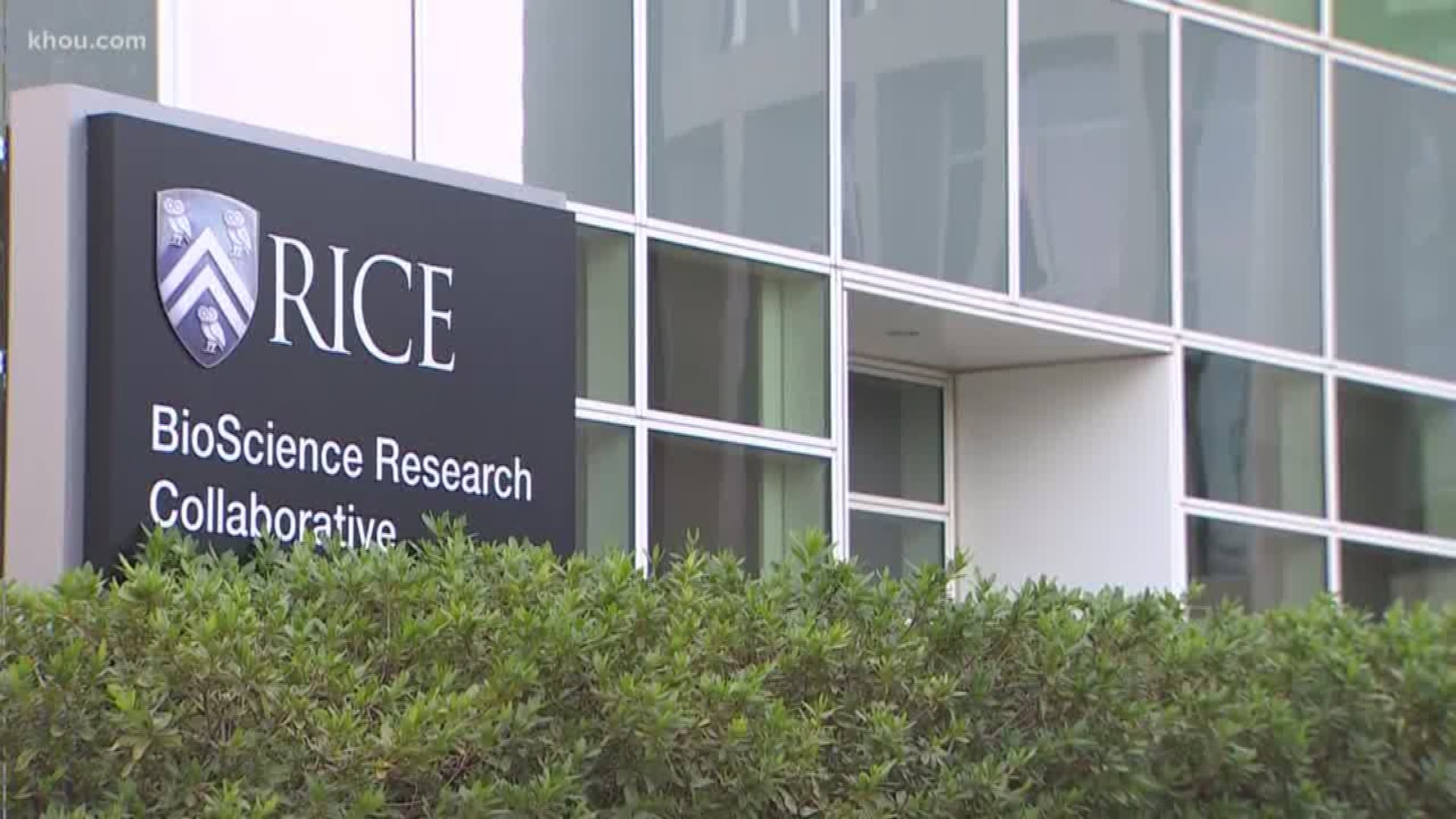Houston — Rice University continues to investigate one of its researchers tied to controversial “designer babies.”
He says he worked with a Chinese colleague who claims to have created the world’s first genetically-edited newborns. It’s a development creating lots of discussion. But not all of it is negative.
“I believe families need this technology,” said Chinese researcher He Jiankui. “And I’m willing to take the criticism for them.”
Jiankui, who previously studied at Rice University, claims to have created the world’s first genetically-edited babies. He used chemical “scissors,” so to speak, to cut out an HIV gene passed on from their father while they were still embryos.
Rice researcher Michael Deem told the Associated Press he helped Jiankui and has a small stake in his companies. The university says it did not condone the work and is looking into Deem’s role in it.
“It’s about curing disease,” said Rebecca Lunstroth, associate director of humanities and ethics at UT Health’s McGovern Medical School. “This is technology that has that potential.”
But Lunstroth understands why people are coming down on the research currently making headlines around the world.
“Because the technology has the ability to create a modern-day eugenics movement if put into the wrong hands,” said Lunstroth.
The gene-editing system known as CRISPR is widely criticized and even banned in the U.S. and elsewhere. Lunstroth says it hasn’t been properly vetted or validated, although similar technology already exists.
“In fact, we have technology that allows us to choose the sex of a child and ability to edit out certain disabilities,” said Lunstroth. “So, this is yet another technology that has gotten ahead of us before we’ve had the opportunity to explore all of the issues.”
In some cases, Lunstroth said editing out a problematic gene can lead to other health issues. That’s why all of this is so tricky.
Here’s Rice University’s full statement regarding Dr. Michael Deem’s reported role in the Chinese gene-editing:
Recent press reports describe a case of genomic editing of human embryos in China. These reports include a description of involvement by Dr. Michael Deem, a professor of bioengineering at Rice University. This research raises troubling scientific, legal and ethical questions. Rice offers the following statement:
- Rice had no knowledge of this work.
- To Rice’s knowledge, none of the clinical work was performed in the United States.
- Regardless of where it was conducted, this work as described in press reports, violates scientific conduct guidelines and is inconsistent with ethical norms of the scientific community and Rice University.
- We have begun a full investigation of Dr. Deem’s involvement in this research.

